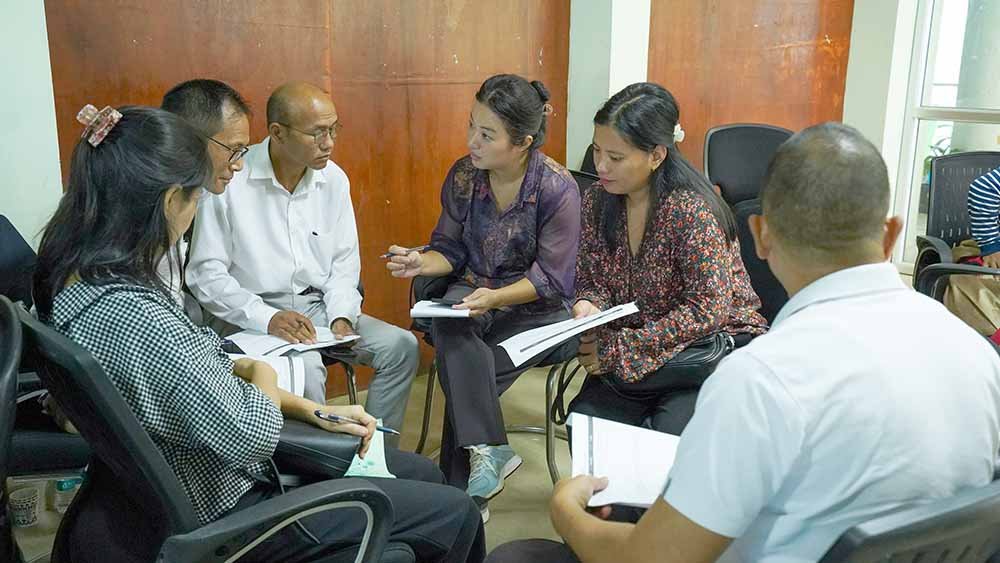The Nagaland Education Project–The Lighthouse (NECTAR) conducted a two-day orientation programme on “School Transformation Strategy” for Lighthouse School Complex Implementation Teams (LSCIT) and LSC Managers at the Directorate of School Education, Kohima, from August 5 to 6.
The initiative aims to implement a comprehensive transformation model to enhance school quality, governance, and student outcomes across 16 Lighthouse School Complexes (LSCs) in Nagaland.
Delivering the opening address, Avelu Ruho, joint secretary of School Education and deputy project director of NECTAR, said that the concept of LSCs as model schools was first envisioned in 2019 by Menukhol John, former Principal Secretary of School Education and SCERT. The objective, she said, was to revive government schools from a state of neglect to vibrant, community-driven institutions with modern infrastructure, improved teaching-learning practices, and resource sharing.
Ruho highlighted that the School Transformation Strategy was aligned with the National Education Policy (NEP) 2020 and shaped by extensive community consultations across the state.
She also informed that the transformation initiative will be extended to Meluri district. Urging the Implementation Teams to view themselves as key agents of change, she called on them to work with commitment to reshape the future of children in Nagaland.
Director of School Education, Razouseyi Vese, emphasised that education must go beyond examinations and focus on building employable individuals with strong character. He noted that the Department possesses a large pool of human resources and that its efficient utilisation was vital for the State’s progress. Encouraging grassroots-level impact, he motivated the teams to make a meaningful difference in their respective schools.
In his concluding remarks, Principal Director of School Education, Shri Shashank Pratap Singh, said that the success of the Department depends on human interaction among administrators, teachers, students, and the community. He stressed that infrastructure alone was not sufficient unless accompanied by collaboration and exchange among stakeholders. Singh pointed out that Nagaland has a relatively high funding-to-school ratio and urged school heads to embrace the NECTAR opportunity with a sense of responsibility. He also interacted with the teams and received their feedback.
The orientation, guided by the School Transformation Design Team, featured sessions on Roles and Responsibilities, Legal Frameworks, Digital Technology, School Vision and Mission, Annual Curriculum and Pedagogical Planning, and Operational Implementation. Following the training, the Implementation Teams will oversee the execution of these interventions in their respective LSCs.
Nagaland Education Project–The Lighthouse conducts orientation on ‘School Transformation Strategy’
DIMAPUR

